Hair loss is a growing concern for millions of someones around the world. From thinning crowns to receding hairlines, more people are turning to hair transplant techniques as a permanent solution. If you’re considering this treatment, one of your first questions is likely: What affects hair transplant cost? This is a common concern, and the answer isn’t always simple. Hair transplant pricing varies based on several factors that can greatly influence the final amount you pay. Understanding these elements will help you make an informed decision about your hair restoration journey.
Type of Hair Transplant Technique
One of the most important factors that influence the hair transplant cost is the technique used. The two primary methods include:
- Smart FUE (Follicular Unit Extraction): In this method, individual hair follicles are extracted from the donor area and implanted into the thinning or balding areas. It’s minimally invasive, has a quicker recovery time, and is popular due to its natural-looking results.
- Smart FUT (Follicular Unit Transplantation): This technique involves removing a strip of skin from the donor area and dissecting it into individual grafts. While it may leave a linear scar, it allows for the transplantation of a bigger number of grafts in a single session..
Number of Grafts Required
The number of grafts needed depends on the extent of hair loss and the desired density. Patients experiencing advanced stages of hair loss will likely require more grafts to achieve a fuller look.
- Mild Hair Loss: May need 800–1500 grafts.
- Moderate Hair Loss: Usually requires 1500–2500 grafts.
- Advanced Hair Loss: Can demand over 3000 grafts.
Each graft contains 1–4 hairs, and clinics often charge per graft. Therefore, more grafts mean higher hair transplant cost. Some pricing models offer discounts for higher graft counts, but overall, graft quantity remains a crucial cost driver.
Experience and Expertise of the Surgeon
Another major factor influencing the hair transplant cost is the surgeon’s experience and credentials. Board-certified surgeons with a proven track record and years of knowledge tend to charge higher fees due to their expertise. Their ability to produce natural, aesthetically pleasing results can justify the cost.
Skilled professionals often use advanced tools and refined techniques that lead to more precise placement of grafts, reduced scarring, and quicker healing. While it might be tempting to opt for lower-priced services, remember that poor results can lead to additional correction procedures, raising the overall expense.
Geographic Location
Location plays a big role in determining how much you pay for a hair transplant. In large metropolitan cities, where demand is high and operational costs are steep, prices may be considerably higher compared to smaller towns or regions. Hair transplant cost tends to vary from state to state or even from city to city within the same region.
However, choosing a location should not be based solely on price. It’s essential to balance cost with the quality of care and results.
Clinic Facilities and Technology
Modern clinics equipped with the most delinquent tools and technologies often charge more due to their high investment in infrastructure. Robotic systems, high-definition microscopes, and advanced imaging tools can improve accuracy, efficiency, and overall patient outcomes. These tools also enhance patient comfort, reduce procedure time, and minimize the risk of complications.
The quality of clinic amenities, such as the cleanliness, comfort of the surgical area, post-operative care facilities, and safety measures, also contributes to the hair transplant cost.
Pre- and Post-Operative Care
Many reputable clinics include pre-operative assessments and post-operative care packages in their pricing. These may cover medical tests, prescription medications, PRP (Platelet-Rich Plasma) therapy, special shampoos, and follow-up consultations.
However, if these services are charged separately, they can add significantly to the overall hair transplant cost. Always clarify whether aftercare support is included or if you will be billed for these services individually.
Customization and Patient Goals
Every hair restoration journey is unique. Some patients have specific aesthetic goals such as lowering the hairline, creating a widow’s peak, or enhancing beard or eyebrow density. These customized plans often involve intricate planning and longer surgical times, which affect pricing.
The level of customization and artistic design involved in achieving natural-looking results can influence the complexity of the procedure and, in turn, the final hair transplant cost.
Number of Sessions Required
Depending on the degree of baldness and desired results, some individuals may need multiple sessions spaced over several months. Each session is priced individually, which cumulatively raises the total cost.
For example, one session may cover the frontal hairline, and another may target the crown area. Therefore, the total hair transplant cost depends on how many sessions are ultimately required.
Conclusion
When assessing the hair transplant cost, it’s essential to look beyond just the numbers. The cost is influenced by multiple factors—from the method used and the number of grafts to the surgeon’s expertise, clinic facilities, and geographic location.
Investing in a hair transplant is a personal decision that goes beyond appearance—it boosts self-esteem, confidence, and overall well-being. While the price may seem high initially, quality results that last a lifetime can offer tremendous value. Take the time to research, consult with professionals, and ensure that your chosen provider offers transparent pricing, safe practices, and a track record of successful results.

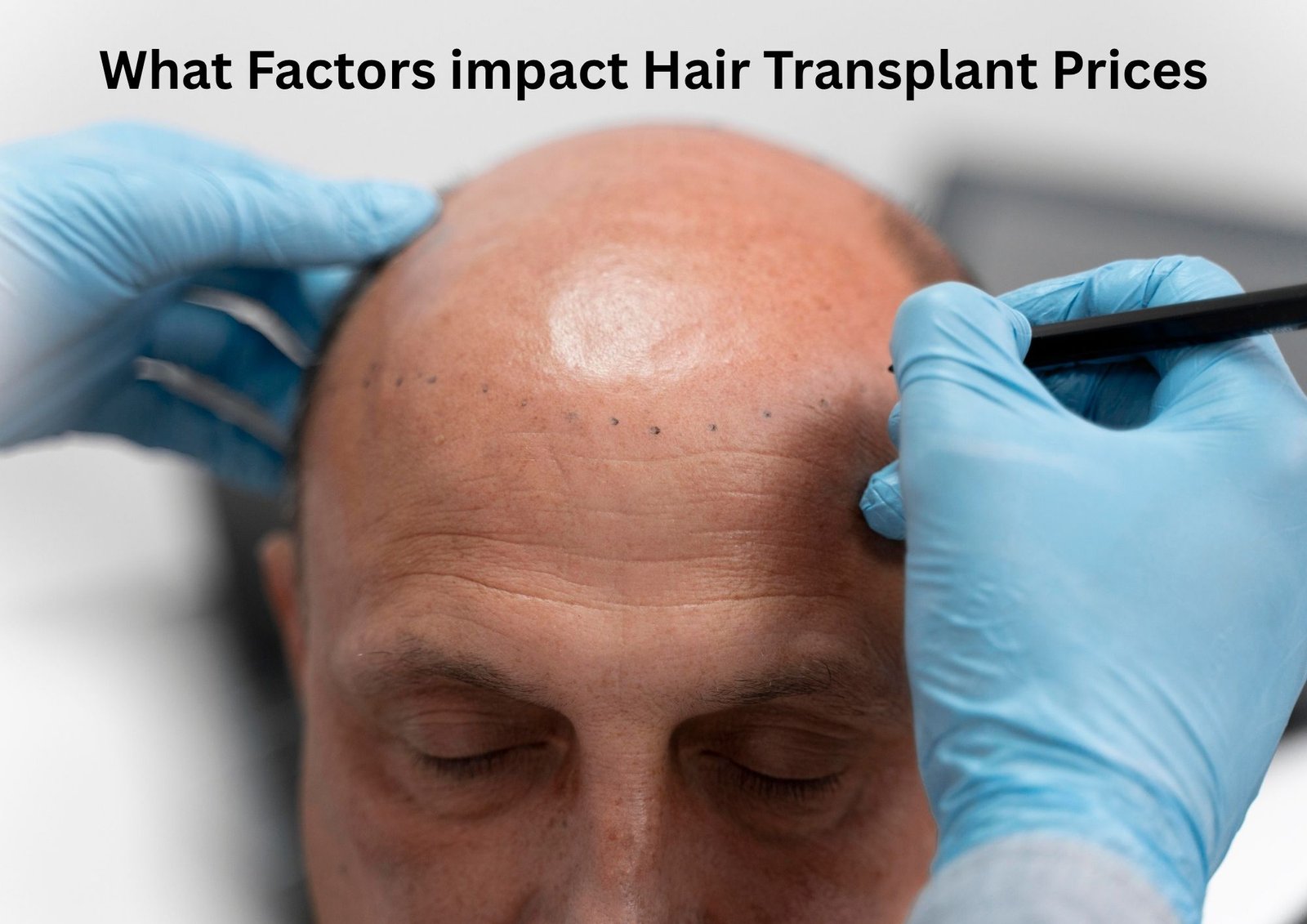
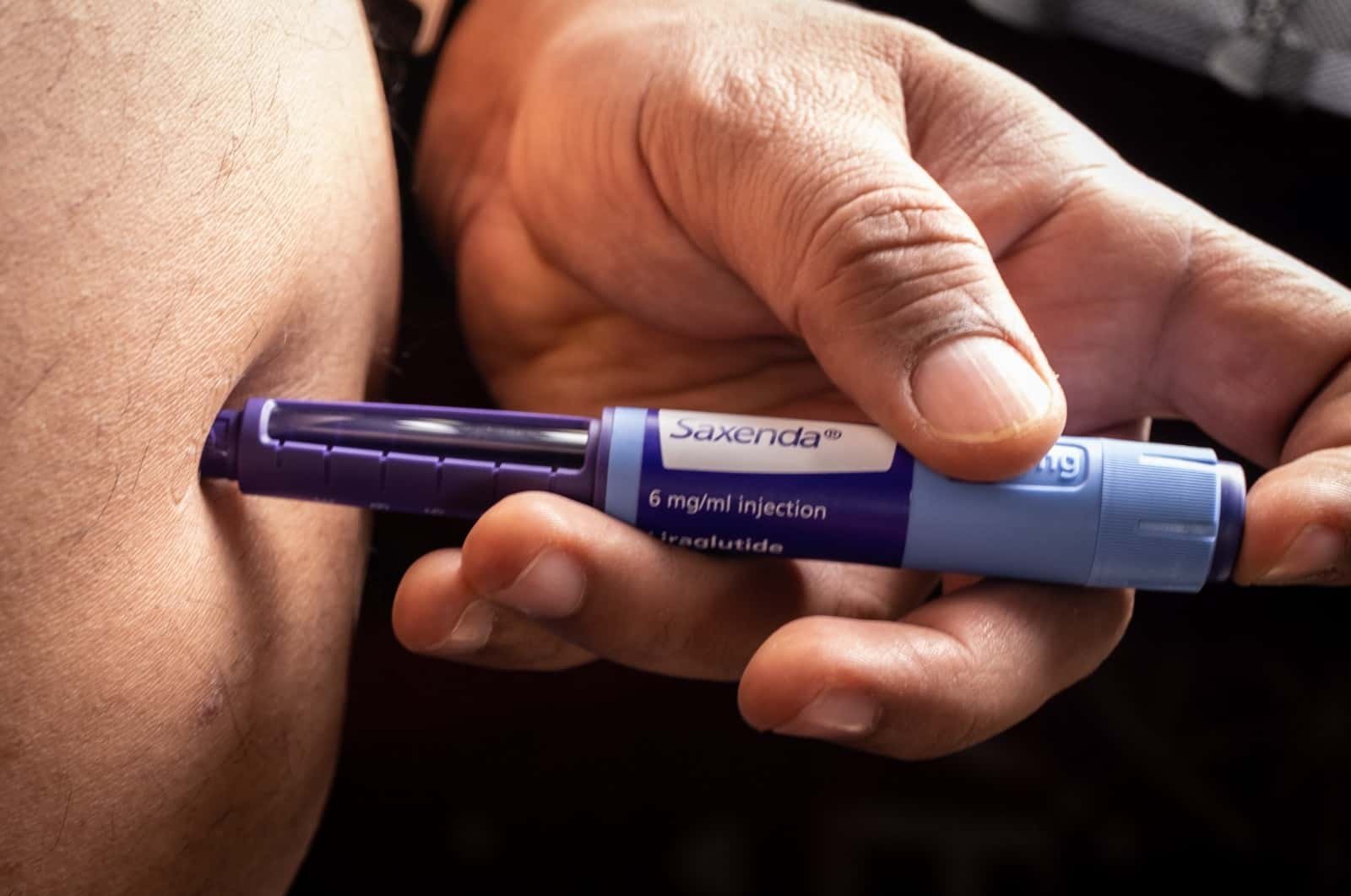


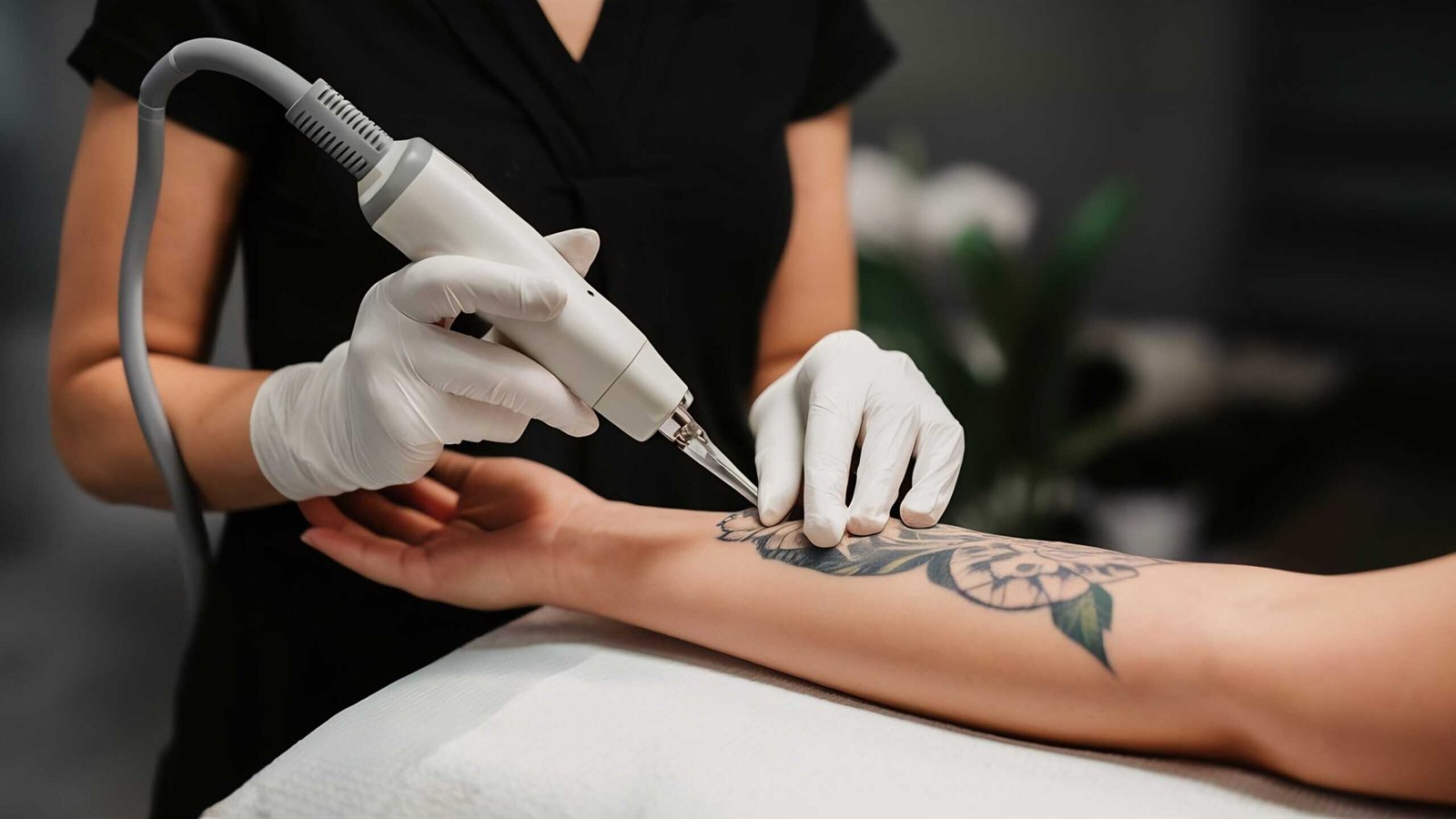
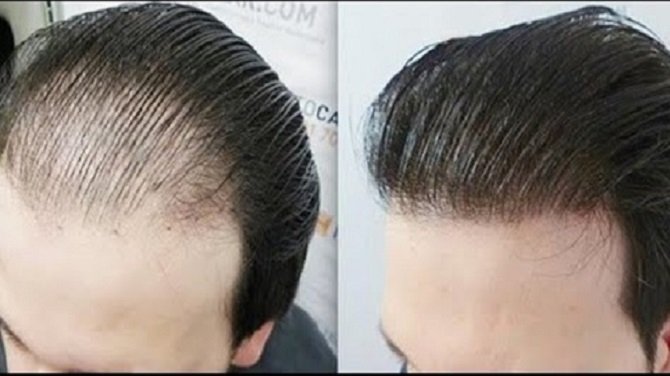
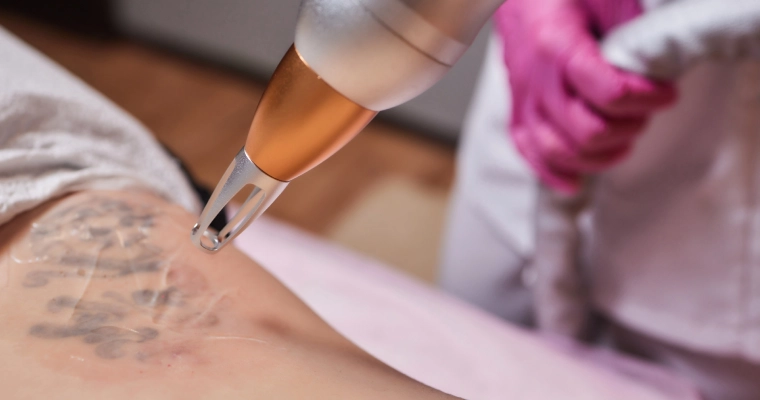
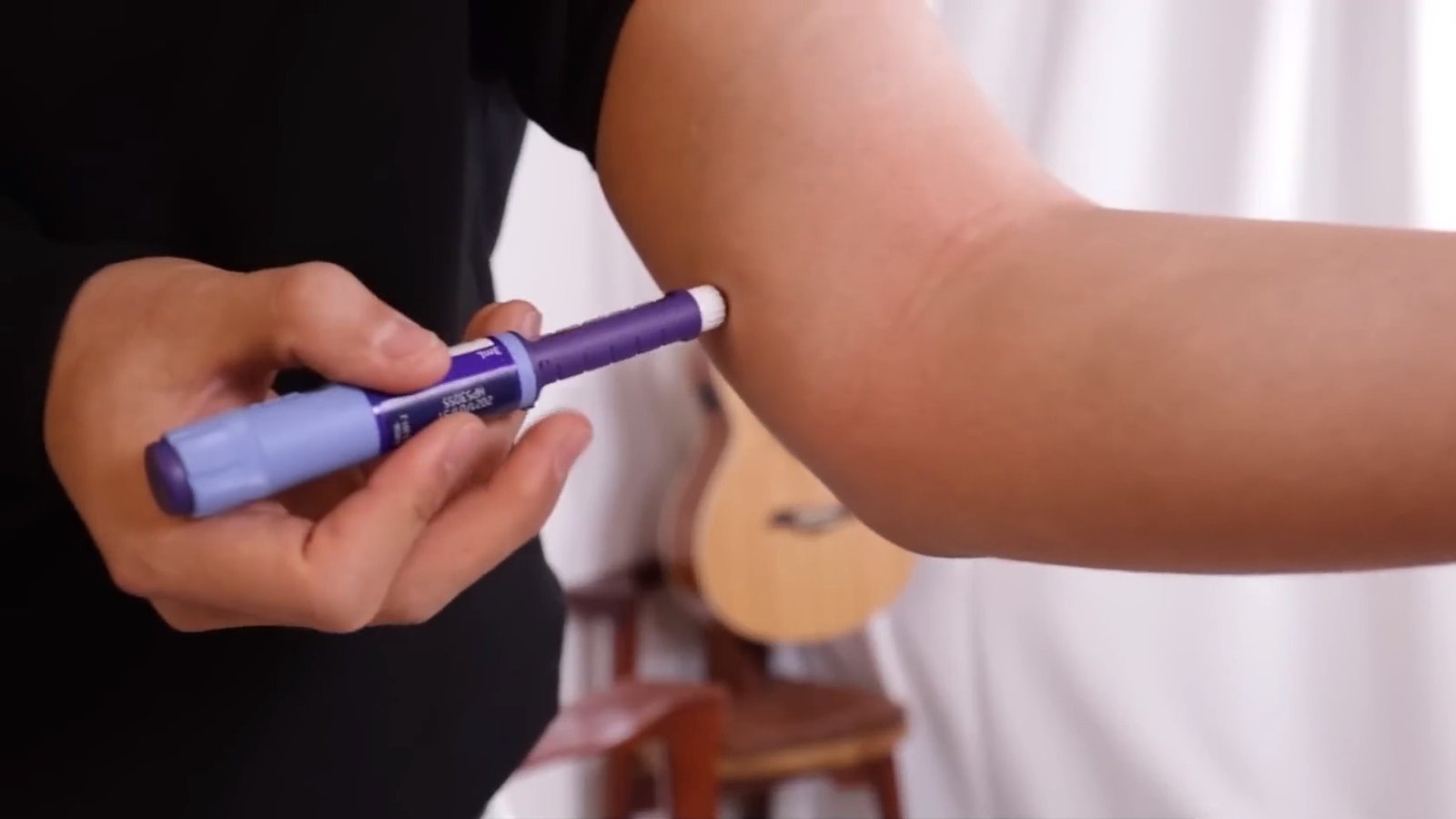







Leave a Reply